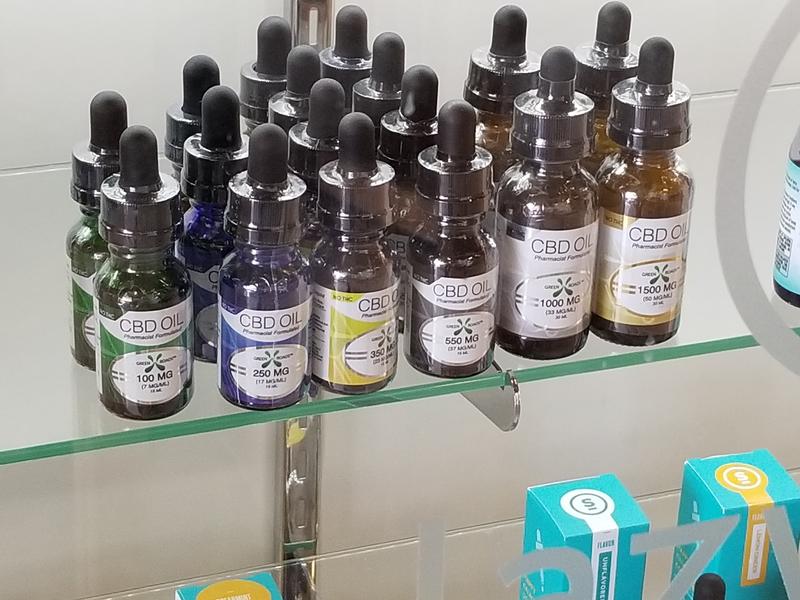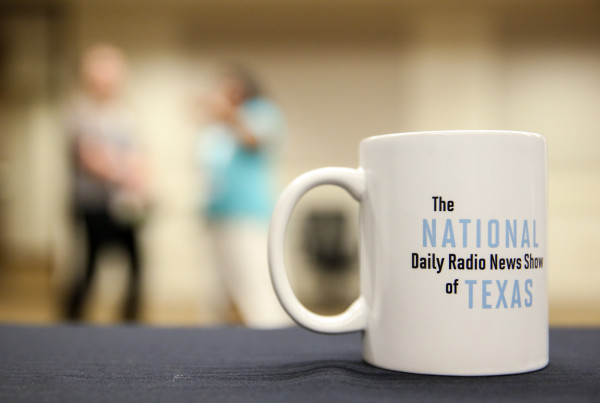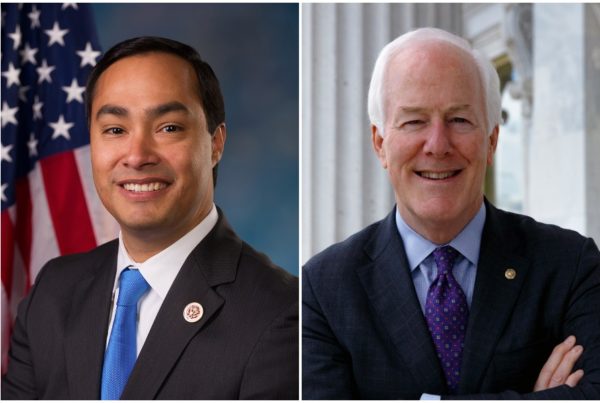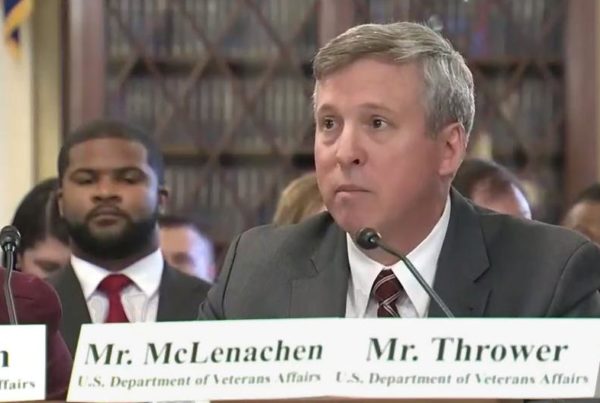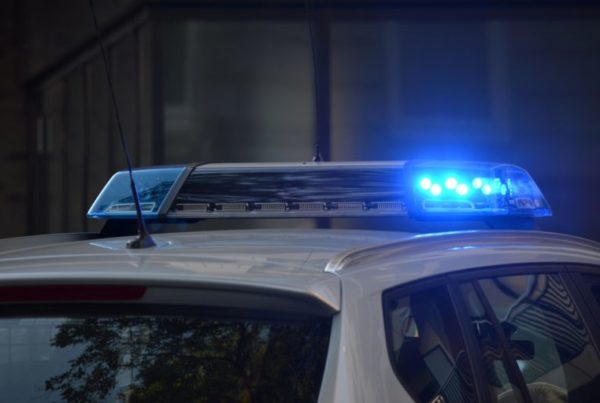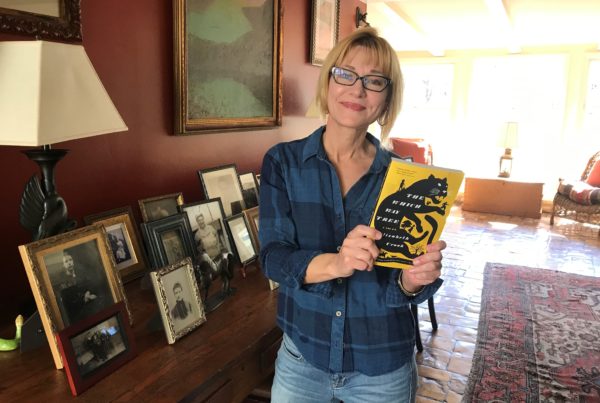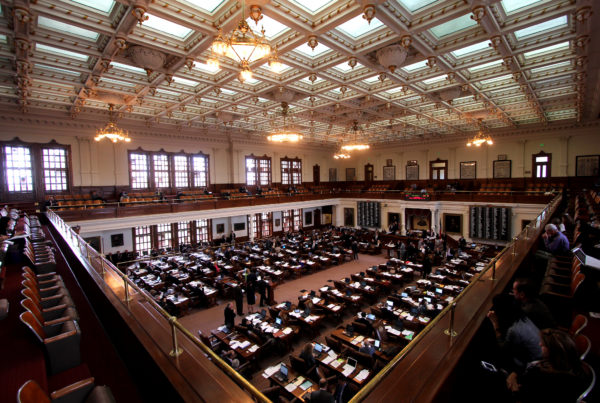Cannabidiol products – better known as CBD – are fairly new to Texas. They usually come in the form of oils, drinks or snacks containing the non-psychoactive chemical compound found in cannabis, THC. CBD products usually contain just a minuscule amount of THC, and can’t get you high, but when ingested, some say they alleviate inflammation and anxiety. But in Texas, where products containing THC are mostly illegal, where does that leave CBD? The city attorney of Edinburg recently asked just that in a letter to Texas Attorney General Ken Paxton.
Molly Smith, a reporter for the McAllen Monitor, says the city attorney wants Paxton to issue a formal legal opinion because he says there’s a legal “grey area” in Texas. Smith says most people, including CBD vendors, assume it’s legal because their products contain such a minute amount of THC – less than what’s legal under the Texas Compassionate Use Act, which allows people with certain severe health conditions to use products with less than 0.5 percent THC. Plus, she says federal law also makes it easy to assume that CBD is legal.
“In December, the federal government passed the U.S. Farm Bill, and that made hemp, which is defined as anything that contains less than 0.3 percent THC, as legal in the U.S.,” Smith says.
What you’ll hear in this segment:
– How there’s disparities between the Texas Compassionate Use Act and the federal Farm Bill
– How some district attorneys are more lenient than others when it comes to prosecuting for illegal use of cannabis-derived products
– How an opinion from Paxton wouldn’t be legally binding, but more of a guideline for law enforcement officers
Written by Caroline Covington.


